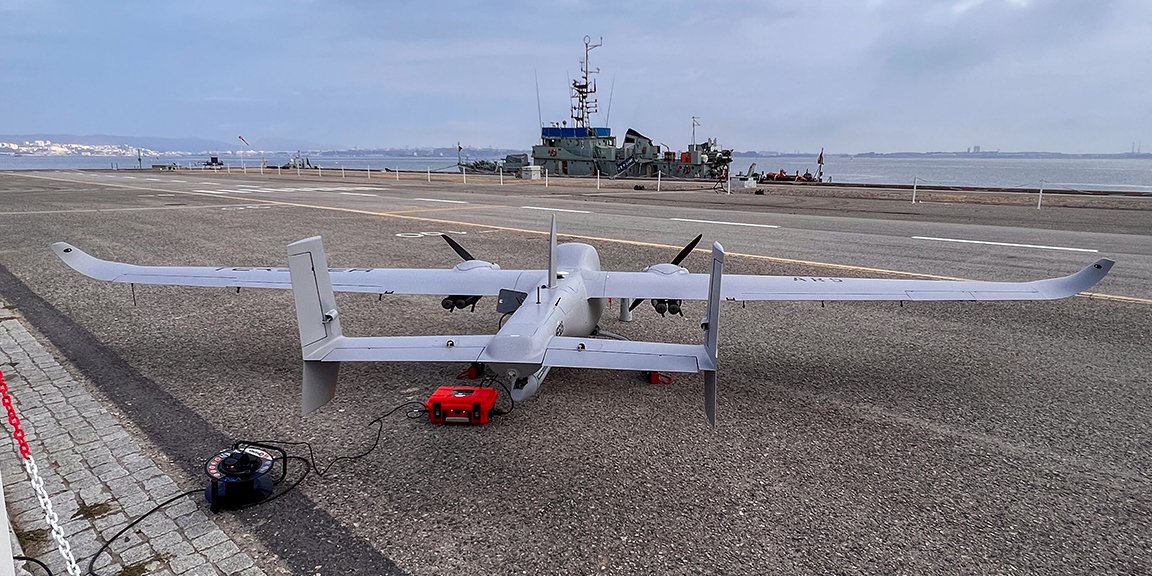Porto, 1 October 2024
The European Defence Agency (EDA) joined the large-scale military exercise ‘Robotic Experimentation Maritime Unmanned Systems (REPMUS)’ for the first time as a co-organiser, running several initiatives.
REPMUS, now in its 14th year, took place from 9 to 27 September 2024, with a focus on maritime autonomous systems, testing various types of drones and using artificial intelligence for a range of military applications, such as attacking vessels, detecting mines, and combating submarines.
The exercise in Portugal, organised by the Portuguese Navy alongside the University of Porto, the NATO Centre for Maritime Research and Experimentation, and the NATO Joint Capability Group for Maritime Unmanned Systems, also brought together NATO allies, technology companies, and academic institutions. The gathering was the largest of its kind, with over 2,000 attendees from 23 nations, including seven observer countries. Organisations involved included NATO’s Allied Command Transformation, the European Union Satellite Centre (SatCen), Frontex, the European Fisheries Control Agency, and the European Maritime Safety Agency.
At a time when unmanned systems are gaining growing importance in modern warfare, one of the main goals of REPMUS, an annual exercise, is to ensure autonomous systems can operate together, sharing data between aerial, land, and underwater drones to coordinate operations efficiently.
The primary focus of REPMUS 2024 was on Maritime Unmanned Systems technology, with an emphasis on multidomain command and control (C2), counter-unmanned systems (C-UxV), and underwater battlespace capabilities. The exercise involved extensive testing and experimentation, culminating in live demonstrations that included kinetic strikes, coordinated manned-unmanned amphibious operations, and advanced sense-and-avoid exercises to showcase maritime drone collaboration.
‘Sense-and-avoid’ experimentation
EDA played a significant role in the exercise, with several initiatives:
- Sense-and-avoid experimentation with unmanned surface vehicles, conducted in a dedicated experimentation range;
- The 47th CapTech Naval Systems Technologies (CapTech Maritime) meeting was held, bringing together nearly 100 participants from governmental and non-governmental organisations, both in person and online, to discuss the diverse activities undertaken by this EDA working group in the naval domain, including a range of initiatives focused on maritime autonomous systems;
- An experts group meeting on unmanned systems, which outlined implementation roadmaps for capability development and collaborative opportunities for EU Member States;
- An EDA workshop on sense-and-avoid technologies, presenting experimentation results.
During the exercise, EDA also hosted a high-level panel discussion on the challenges of protecting critical maritime infrastructure. The panel, moderated by EDA Deputy Chief Executive André Denk, featured speakers from the European Maritime Safety Agency, the European Commission, NATO, and the University of Ghent. The discussion addressed the policy, operational, and legal aspects of protecting infrastructure.
Source – European Defence Agency (EDA)

